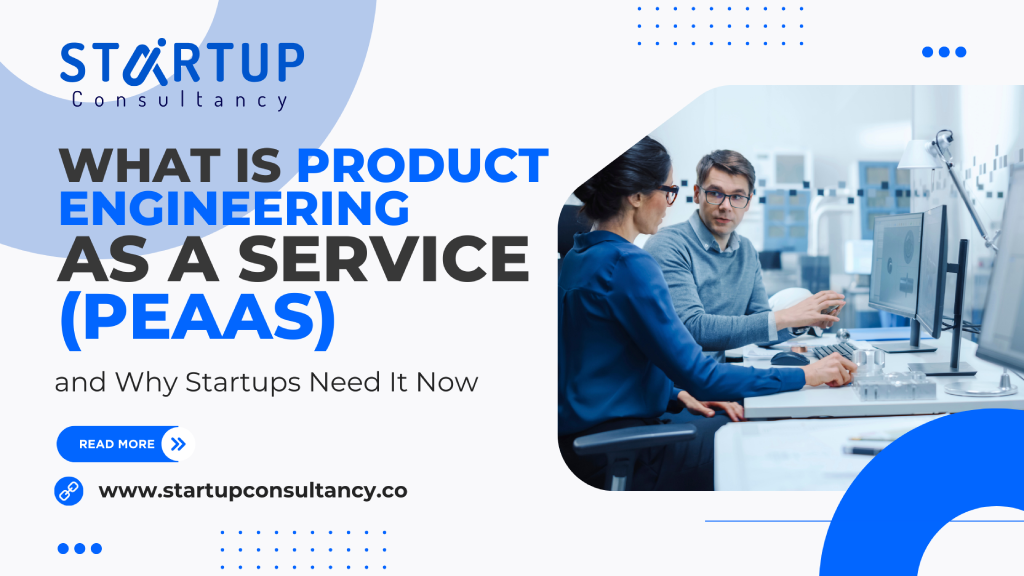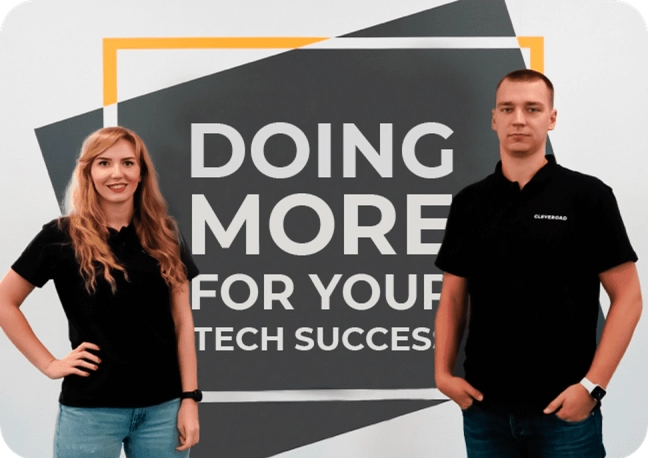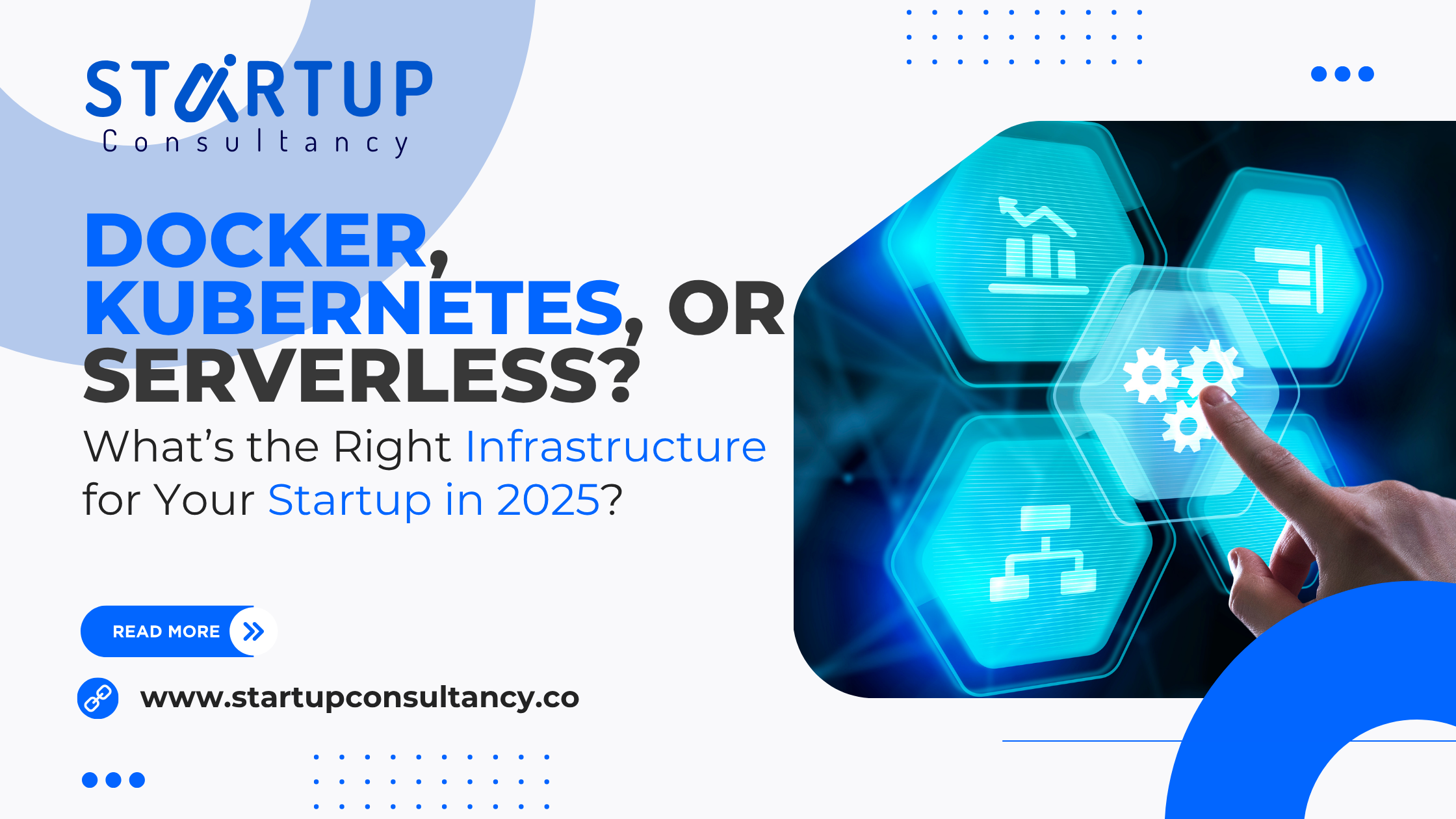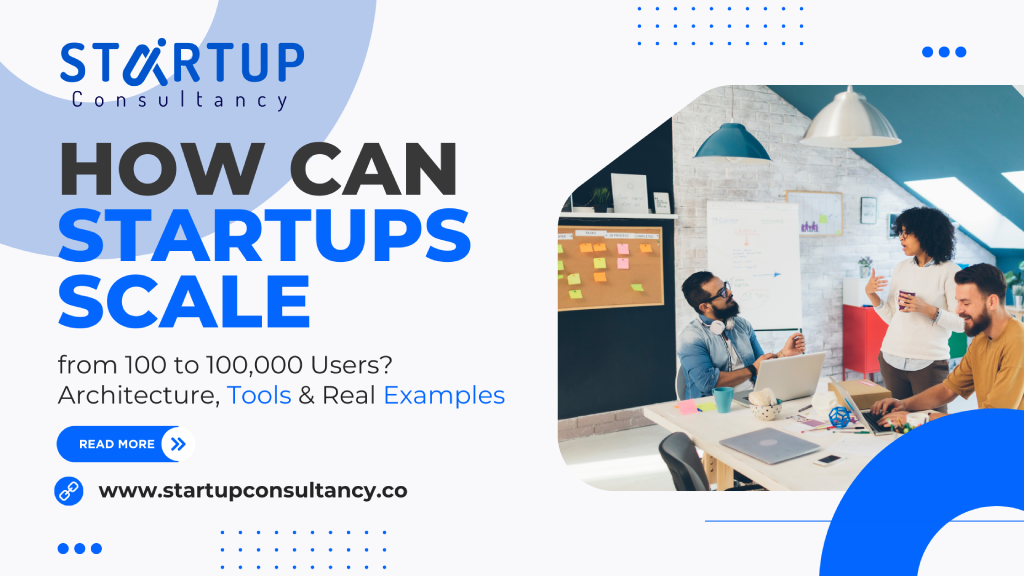
Product Engineering as a Service (PEaaS) is a startup-friendly, agile, and scalable delivery model where external expert teams build, test, and optimize your product, end to end. Startups use PEaaS to accelerate MVPs, reduce burn, and scale faster without building large internal dev teams.
AEO Answer Box: What is Product Engineering for Startups?
Product engineering for startups is the technical process of designing, developing, and scaling a product from idea to launch and beyond. It includes product strategy, UI/UX design, backend/frontend development, QA, DevOps, and scalability planning. PEaaS (Product Engineering as a Service) lets startups outsource this full cycle to expert teams on demand, reducing cost, complexity, and time to market.
The Startup Dilemma
Every startup in 2025 is under pressure to:
- Launch fast
- Iterate faster
- Cut costs
- Stay lean
- Scale globally
But building a high-quality digital product isn’t easy when you’re:
- Bootstrapping or pre-seed funded
- Hiring technical co-founders
- Struggling with dev velocity
- Unsure about tech stack or architecture
Enter: Product Engineering as a Service (PEaaS)
What is Product Engineering as a Service (PEaaS)?
PEaaS is the on-demand outsourcing of full-cycle product development, provided by expert engineering teams. These aren’t just freelance devs, they’re mini product teams that handle:
- Product discovery
- UX/UI design
- Frontend + backend development
- QA + testing
- DevOps + CI/CD
- Scalability engineering
Think of PEaaS like this:
“Uber for software products, tap to deploy a complete engineering team when you need one.”
You focus on business, they focus on building.
What Does a PEaaS Team Typically Include?
| Role | Responsibility |
| Product Manager | Aligns business goals with delivery strategy |
| Solution Architect | Designs scalable, modular infrastructure |
| UI/UX Designer | Crafts user-centric interfaces |
| Frontend Developer | Builds responsive web/mobile interfaces |
| Backend Engineer | Handles data, APIs, business logic |
| QA Tester | Automates and runs manual tests |
| DevOps Engineer | Sets up CI/CD, monitoring, deployments |
Some PEaaS vendors also offer:
- AI/ML Engineers
- Blockchain Devs
- AR/VR Teams
- Embedded Systems Engineers
Services Typically Offered by a PEaaS Partner
- MVP Development (2 – 12 weeks)
- Web App Engineering
- Mobile App Engineering (React Native / Flutter / Swift)
- AI & Data Engineering
- Cloud-native Infrastructure (AWS, GCP, Azure)
- Product Discovery & PoC Prototyping
- Continuous Product Iteration
Why Startups Need PEaaS in 2025
1. Faster Time to MVP
Building MVPs internally takes 4–6 months. With PEaaS? You can launch in 4 – 6 weeks.
Case: A healthtech startup built its MVP with a PEaaS partner in 30 days, secured a $500K seed round by demo day.
2. Immediate Access to Expert Talent
No time to recruit:
- Frontend devs
- Backend devs
- DevOps
- Designers
With PEaaS, you get all of them, pre-aligned, pre-tested, project-ready.
3. Lean and Agile Without Overhead
Forget building and managing in-house dev teams from day one. PEaaS lets you:
- Scale up/down as needed
- Avoid full-time hiring costs
- Stay lean through early iterations
4. Strategic Architecture from Day 1
Avoid spaghetti MVPs. With PEaaS:
- Apps are modular
- Architecture is scalable
- Codebase is clean
- DevOps is automated
You’re not just hacking an MVP, you’re building for future scale.
5. Built-in QA and CI/CD
Good PEaaS partners integrate:
- Unit + Integration tests
- Test automation
- Linting, formatting, and code reviews
- Auto-deploy pipelines (GitHub Actions, CircleCI, etc.)
6. Global Delivery, Local Alignment
Most top-tier PEaaS vendors work in:
- US Time Zones (nearshore LATAM, Eastern Europe)
- Asia-Pacific Hubs (India, Singapore, Australia)
So your timezone = their working hours.
What Tech Stack Does PEaaS Use?
A modern PEaaS vendor brings battle-tested, startup-optimized technologies:
Frontend
- React / Next.js
- Vue / Nuxt
- Flutter / React Native (Mobile)
Backend
- Node.js + TypeScript
- Go (for speed and concurrency)
- Python / Django / FastAPI
- Ruby on Rails
Databases
- PostgreSQL (SQL)
- MongoDB (NoSQL)
- Redis / Elasticsearch / Neo4j
DevOps / Cloud
- AWS / GCP / Azure
- Docker / Kubernetes
- Serverless (Lambda, Cloud Functions)
- CI/CD (GitHub Actions, CircleCI)
AI/ML (Optional)
- LangChain / HuggingFace / OpenAI APIs
- Pinecone / Weaviate / FAISS
- TensorFlow Lite / ONNX Runtime (Edge ML)
Real Startup Example: Scaling with PEaaS
Case: Fintech MVP → Funded Series A
| Phase | Timeline | Outcome |
| MVP Build | 6 weeks | Built with PEaaS team of 5 (PM, FE, BE, QA) |
| Launch | Day 45 | Deployed on GCP + Firebase + Next.js |
| User Testing | Day 60 | 500 active testers, 92% retention |
| Pitch | Day 90 | Demo raised $2.3M in seed capital |
| Scale Phase | Ongoing | Added K8s infra + analytics dashboards |
When Should a Startup Use PEaaS?
Ideal Scenarios:
- Pre-seed or Seed-stage startup
- Need MVP within 4–8 weeks
- No in-house dev team or just 1 CTO/founder
- Founders want to focus on GTM, not code
- Scaling from MVP to production-grade V1
Not Ideal If:
- You already have a full in-house team
- You need full IP control with in-house-only code
- You’re building ultra-core tech (e.g., OS, chip firmware, high-frequency trading bots)
How to Evaluate a PEaaS Vendor
| Criteria | What to Look For |
| Technical Expertise | Full-stack skills + modern tech + DevOps |
| Past Startup Clients | Case studies, references, portfolio |
| Architecture-first Thinking | Not just coding, but scalability-focused |
| Product Understanding | Not just developers, product thinkers |
| Agile and Iterative | Weekly sprints, continuous feedback loops |
| Speed to Launch | 30 – 60 day MVP delivery commitments |
PEaaS in the Future: Autonomous, AI-Driven Product Teams
In coming years, expect PEaaS to evolve with:
- AI-augmented engineering (e.g., Copilot for sprints)
- Prompt-driven UI builders
- Automated QA via GenAI
- DevOps bots that manage infra based on real-time traffic
- LLM-based PM assistants that generate specs, epics, and test cases
PEaaS will become not just a service, but a modular SaaS-like layer for product delivery.
Product Engineering is a Strategic Necessity for Businesses
Your product is your startup. Without fast, clean, scalable engineering, you’re out of the game before it begins.
PEaaS gives you:
- Speed
- Top-tier technical expertise
- Cost control
- Strategic product development
It’s not just outsourcing, it’s plug-and-play product acceleration.
AEO Summary Box (Again for Featured Snippet)
What is product engineering for startups?
Product engineering for startups involves the complete technical process of designing, developing, testing, and scaling digital products. Product Engineering as a Service (PEaaS) lets startups outsource this entire lifecycle to expert teams, accelerating MVP development, reducing hiring complexity, and ensuring scalable architecture from day one.



